We usually notice when someone else might need help, like a roommate who’s been coughing for weeks, a classmate who seems withdrawn, or a friend who just isn’t acting like themselves. But knowing how to help—or when to reach out for yourself—can be tricky.
Here’s how you can support yourself or a friend who might need care:
Normalize Asking for Help
Many students hesitate because they don’t want to “bother” anyone or because they assume they’ll get better on their own. Remember – whether it’s a sore throat or a feeling of anxiety, seeking care isn’t a weakness. Getting help is normal and necessary. We all need help sometimes. Getting help shows that you’re taking responsibility for your health and well-being. And it’s another way to show up for the people who count on you.
Don’t Wait for a Crisis
The simple things – getting enough sleep, staying hydrated, eating regularly, moving your body, and taking breaks – can prevent more complicated issues later.
If “something feels off,” listen to that voice. You don’t have to wait until symptoms are severe to reach out for help.
If you’re worried about a friend, check in. Your concern could be what helps them take the next step toward support.
Know Where to Start
If you or a friend aren’t sure what kind of help is needed, here’s what to do:
Physical Health
- Call Campus Health Nurse Advice (919-966-2281) to discuss symptoms.
- Use the Campus Health website to learn more about when to seek medical care and to schedule an appointment online.
- Visit Same Day Care or the Student Stores Mini Clinic if you need quick, in-person help.
Mental Health Care
- Visit Counseling and Psychological Services (CAPS). Initial visits are through same-day drop-ins. From there, students can get connected to ongoing therapy, group sessions, and more.
- Call CAPS 24/7. Day or night, students can call 919-966-3658 to talk to someone about their mental health. Pro tip: during regular business hours, they’ll probably encourage you to drop in for an initial visit.
- Explore the Heels Care Network, a comprehensive list of mental health resources where you can talk to a supportive person. Use the filters to hone in on what might best meet your or your friend’s needs.
Confidential Substance Use Support
- Complete a self-assessment to get personalized feedback on your substance use, receive suggestions for risk reduction strategies, and get connected with campus resources.
- Connect with a substance use counselor to explore your relationship with substances, get support, and learn strategies for maintaining balance and reducing risk.
